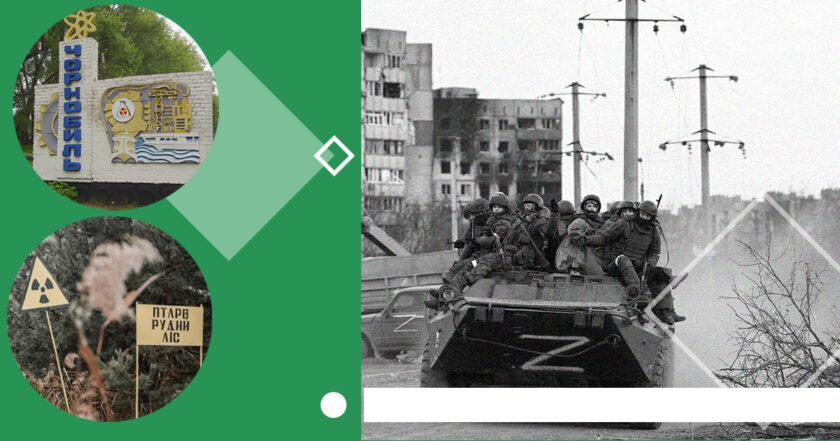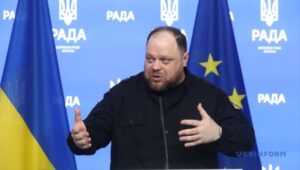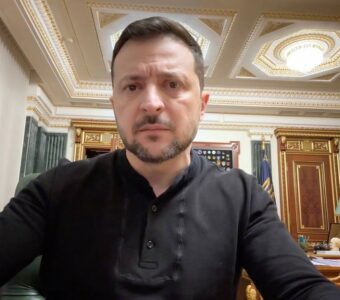Donor countries allocate €15 mln to restore Ukraine's Chornobyl zone

Ukraine should receive €225 million from international partners to reconstruct the Chornobyl zone. Currently, €15 million have already arrived from donor countries.
The head of the State Agency of Ukraine on Exclusion Zone Management, Yevhen Kramarenko, announced this during a briefing at the Media Center Ukraine, Ukrinform reports.
What is the problem?
In 2022, Chornobyl, Kyiv region, the site of a nuclear accident in 1986, experienced a new test — the russian occupation. From February 24 to April 2, 2022, the Chornobyl nuclear power plant was captured by the russian invaders.
russian armored vehicles drove through the exclusion zone, raising radioactive dust into the air. The Chornobyl station was captured by force and weapons. russia turned this object into an arena of war.
The occupiers used the 30-kilometer exclusion zone to prepare new attacks against Ukraine's defenses, and the Chornobyl nuclear power plant was threatened by damage and destruction.
During the occupation, the russian forces stole services from the station, destroyed archives, and took radioactive "souvenirs." The personnel themselves were in inhuman working conditions.
The Chornobyl NPP also needs an examination of the unstable structures of the "Shelter" facility (sarcophagus), which costs €1 million. Ukraine is counting on the support of French partners.
What is the solution?
"We have developed a restoration plan with the Ministry of Environment, which we now approve at the state level. It has been agreed upon with donors and is already being filled with funds. Measures to restore the exclusion zone with the international community's help are beginning," said Kramarenko.
How does it work?
Kramarenko clarified that the zone restoration plan consists of 9 points and is worth €225 million, although the damage from the occupation is about €100 million. The funds are needed not only to restore normal functioning but also to improve the operation of the Chornobyl nuclear power plant, creating a scientific hub on the territory of the exclusion zone.
The plan provides for the following:
- demining the entire territory,
- restoration of computer and office equipment, infrastructure, and equipment for handling radioactive materials.
As the exclusion zone chief emphasized, as of today, the agency managed to get €15 million for these purposes. The prominent donors are the European Commission, the EBRD, the US Department of Energy, Norway, Great Britain, and Germany.
As part of the implementation of the plan, it has already been possible to restore the following:
- radiation control at checkpoints,
- licensing activities of enterprises regarding the management of radioactive waste,
- partially repair computer equipment,
- receive firefighting equipment that will partially replace the stolen one.
"With the help of international donors, we are already taking measures to restore the exclusion zone. According to our plans, this territory will not only recover but also improve in 1-2 years," Kramarenko concluded.
In April, representatives of the State Agency plan to meet with donors in Oslo to discuss the expansion of support and cooperation.





















































